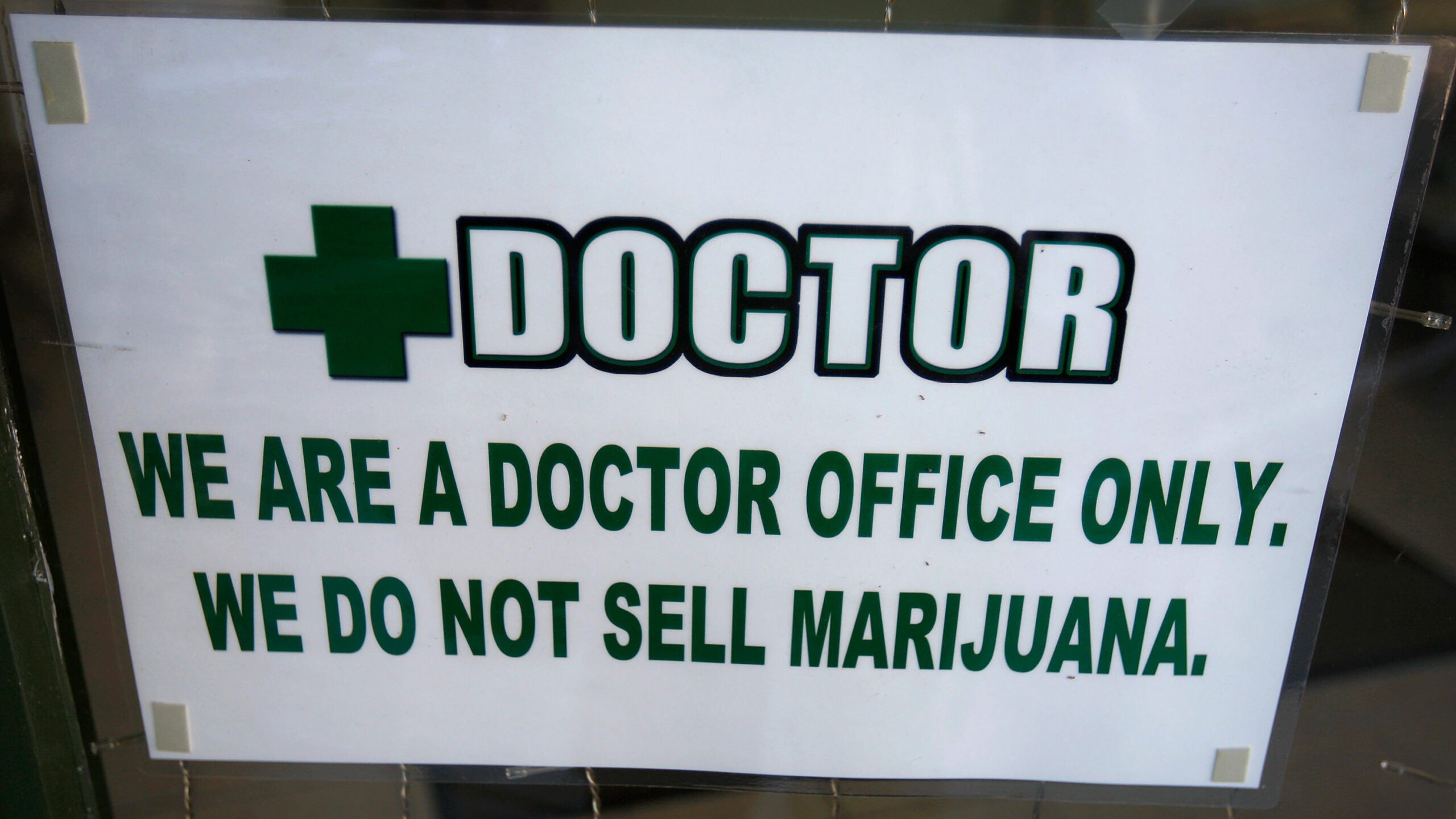CBD won’t be available in pharmacies until 2021: expert

Pic: Getty
Pharmacists may be allowed to sell cannabidiol (CBD) from February next year, but it’ll be a lot longer before products are available to sell, one expert says.
Australia’s drugs regulator the Therapeutic Goods Administration (TGA) is reviewing the status of low-dose CBD, one of the main compounds in marijuana, with the aim of lowering it to a schedule 3 pharmacy-only medicine.
The TGA will make a final decision in November and any change will be implemented on February 1 next year, says Rhys Cohen, principal consultant for Freshleaf Analytics.
However, once the chance is made companies will need to prove their products have some medical benefit for one of the medical conditions the TGA is relaxing the rules on before having their product registered on the Australian Register of Therapeutic Goods (ARTG).
“The next big hurdle is drug registration, and that’s probably a bigger challenge than drug rescheduling,” Cohen said during a panel discussion this week.
“On top of all of the normal drug registration documents and work that companies will need to do to support their registration application — that’s things like toxicology studies, a well characterised product, proper benchtop tests… it’s free from contaminants, it’s stable at room temperature, that sort of stuff — they’ll also need to prove to the TGA that their product is effective for treating a specific symptom or condition.”
He says ARTG registration, at its quickest, takes about nine months.
Pharmacy-only
The TGA has proposed to lower the schedule for CBD, a non-psychoactive compound of marijuana, to 1mg/kg/day or a maximum of 60mg/day.
These are considered low doses.
The conditions are that medications are only for adults, products must be 98 per cent or more CBD, the package must not be for more than 30 days supply, for illnesses from anxiety and insomnia to chronic or skin pain and “defects of neurological function”.
A change would massively widen the market for cannabis-based medications in Australia, which is currently restricted to a series of severe conditions via the bureaucratic Special Access Scheme system.
Many questions
Experts believe CBD is likely to be rescheduled but it could be months before products are registered and available in Australian pharmacies.
Cohen says it’s unclear what level of clinical data the TGA will demand, with options ranging from best-in-class double blinded, randomised clinical trials to literature reviews of past research.
There are also questions around whether an up to 60mg/day dose can even deliver meaningful clinical outcomes.
“This is also an open question. Very few clinical trials have been run on low dose CBD,” he said.
High dose trials are being undertaken, but these are using doses of hundreds of milligrams a day on very serious medical conditions, such as pediatric epilepsy.
“The takeaway here is this is exciting, it’s promising, but it’s very far from a done deal.”
UNLOCK INSIGHTS
Discover the untold stories of emerging ASX stocks.
Daily news and expert analysis, it's free to subscribe.
By proceeding, you confirm you understand that we handle personal information in accordance with our Privacy Policy.








